
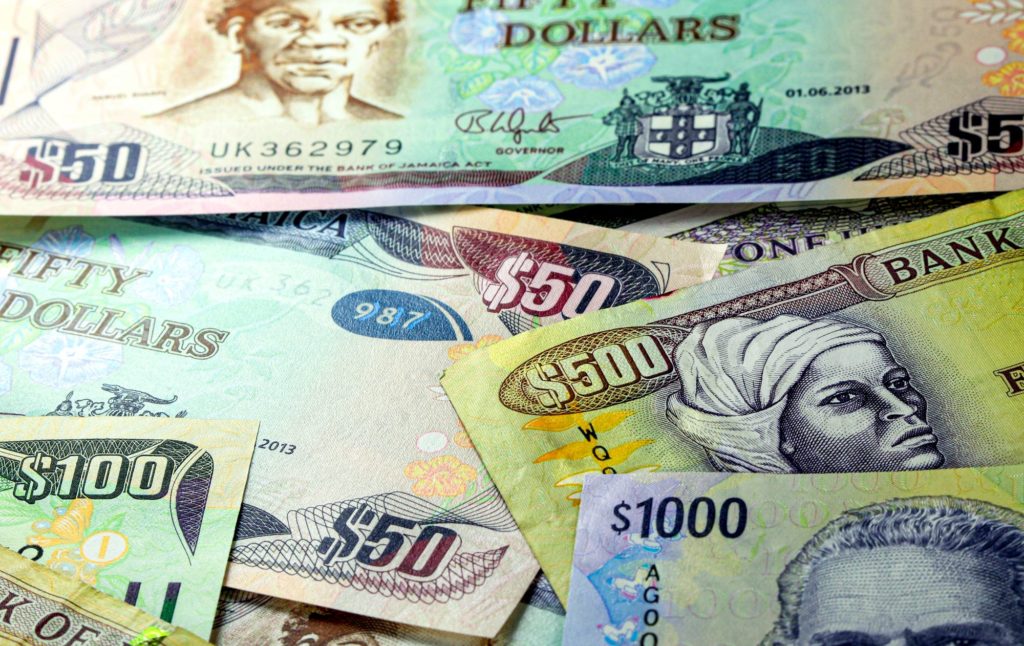
On Friday (January 28), the Bank of Jamaica (BOJ) offered for sale US$40 million to authorised dealers and select cambios through a B-FXITT Flash Auction.
The BOJ has been feverishly attempting to prevent the rapid devaluation of the Jamaican dollar that seems set to go past the US$1-to J$1.57 mark.
With inflation also gaining momentum and efforts made to keep it within a stipulated band, Jamaica’s Central Bank is pulling at the bit of a bucking bronco.
Since the start of this year, it has pumped in a whopping US$190 million (in less than 30 days) to arrest the galloping Jamaican dollar.
Jamaica must also move to keep both its trade and fiscal deficit under control and a devaluing Jamaican dollar will be a determining factor here.
Jamaica’s total spending on imports for January to May 2021 came to US$2.250 billion, an increase of 12 per cent on 2020. In 2020, Jamaica’s trade deficit amounted to US$3.34 billion.
Keeping an eye on both inflationary upheavals and a devaluating Jamaican dollar during this COVID pandemic is an unenviable task for the BOJ.
The current predicament is best summed up by Ayhan Kose, director of Prospects Group at the World Bank.
“We saw the single highest increase in debt in 2020. Debt is high, at record levels when you look at both public and private debt. Having these high debt levels limit the Government’s ability to implement fiscal policy to allocate spending for health, education, infrastructure and climate-related projects. That problem is an even bigger issue for low-income developing countries. Some of these countries are experiencing debt distress and they need help from the global community,” he said.
“It is absolutely essential for national policymakers and the global community to be proactive. At the country level, national policymakers need to carefully withdraw fiscal and monetary policy, think about the consequences of their decisions and at the same time communicate clearly what they are trying to do. That means having a medium-term plan, how they are going to overcome certain excesses accumulated because of the pandemic, how they are going to create the revenues and how they are going to improve the public expenditure efficiency. Beyond that, in the medium and long term there’s a lot to be done in terms of reforms, policy interventions when it comes to health, education, infrastructure and digital services,” Kose argued.
It was said that rises in inflation were transitory and nothing to worry about but that has not proven to be the case. It doesn’t look like inflation will return to benign levels any time soon.
Again, Kose is instructive here: “Inflation is a problem almost everywhere. When you look at the global economy and the advanced economies last year we saw the highest rate of inflation since 2008.
“For emerging markets, developing economies we saw the highest rate of inflation since 2011. Emerging market and developing economies central banks are trying to contain inflationary pressures. One-third of these central banks already raised interest rates. On the one hand, growth is slowing, on the other hand, inflationary pressures are there, debts and deficits are quite sizable and monetary authorities need to get ahead of inflation so they have to increase interest rates.”
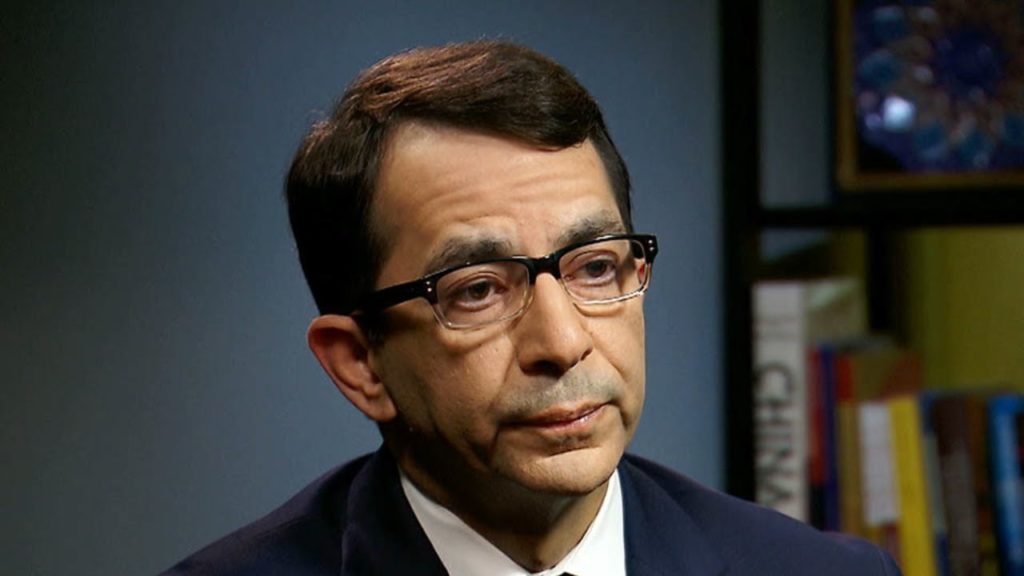
The Jamaica Manufacturers and Exporters Association (JMEA) has berated the BOJ for not moving with alacrity to stem the devaluation of the Jamaican dollar as it continues to stubbornly focus on building foreign exchange reserves.
“Our devaluation was caused more by a combination of factors including low inflows and lack of confidence in the exchange rate by the business community. This devaluation could have been averted by the BOJ through timely intervention in the foreign exchange market, but this was not done adequately,” declared the JMEA.
Of concern is rising oil prices on Jamaica’s balance of trade. Oil prices rose to a more than seven-year peak on Friday (WTI-$86.82/Brent-$90) recording its sixth straight weekly gain. Oil may very well hit $100 a barrel by March posing a serious threat to Jamaica which is heavily dependent on fossil fuels.
Last year, Jamaica paid around US$1.1 billion for fuel and this is likely to go up to US$1.9 billion meaning it will take even more Jamaican dollars to buy this fuel commodity.


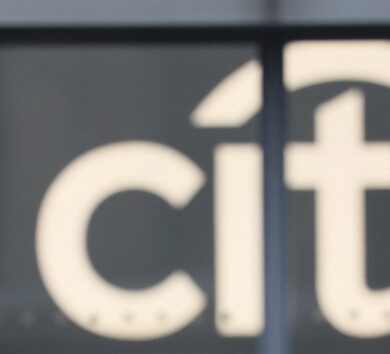

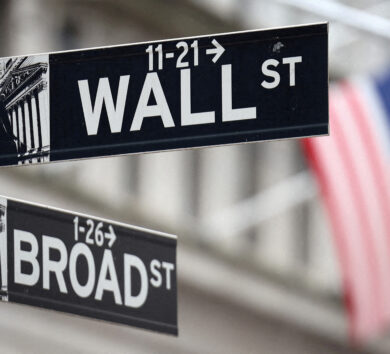
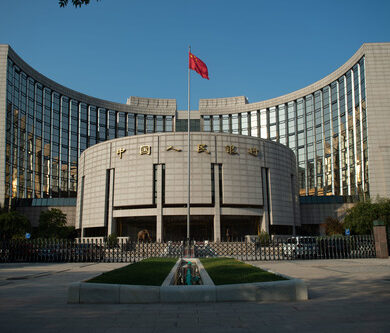
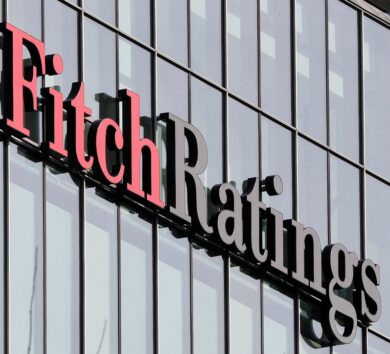
Comments